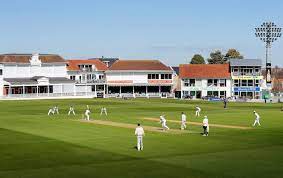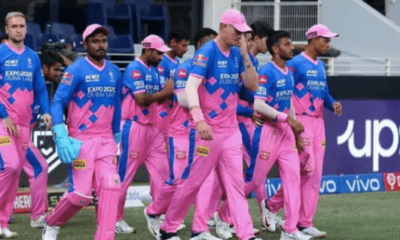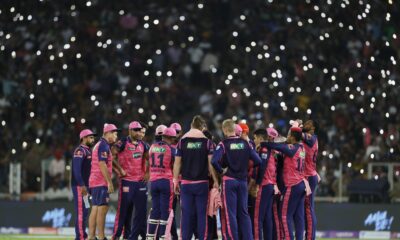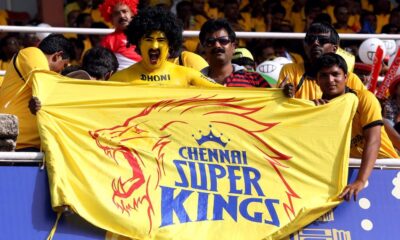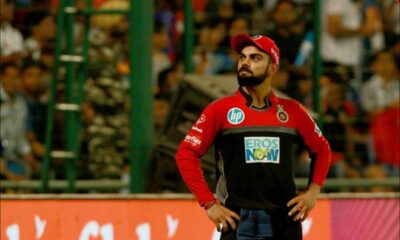It’s been nearly two decades since the inception of the Indian Premier League (IPL), and what a journey it has been. From its glittering launch in 2008 to becoming a global cricketing juggernaut, the IPL has revolutionised not just Indian cricket, but the very landscape of the sport itself. With its unmatched blend of glamour, money, competition, and talent, it has rightly earned the moniker of the world’s premier T20 league.
However, as the original stars begin to fade—MS Dhoni, Virat Kohli, Rohit Sharma, and even the likes of Ravindra Jadeja looking towards twilight—the question that looms large is this: what does the future hold for the IPL? Can India truly unearth the next generation capable of carrying the weight of expectations on their shoulders? And more crucially, can the system ensure that the deserving ones rise to the top, rather than the favoured few?
Let’s dive in.
The IPL: A Proven Breeding Ground for Talent
To give credit where it’s due, the Indian Premier League has been an extraordinary talent incubator. From Jasprit Bumrah to Hardik Pandya, Shubman Gill to Ruturaj Gaikwad, and Yashasvi Jaiswal to Tilak Varma, many of India’s current and future stars owe their rise to the exposure and competitiveness of the IPL.
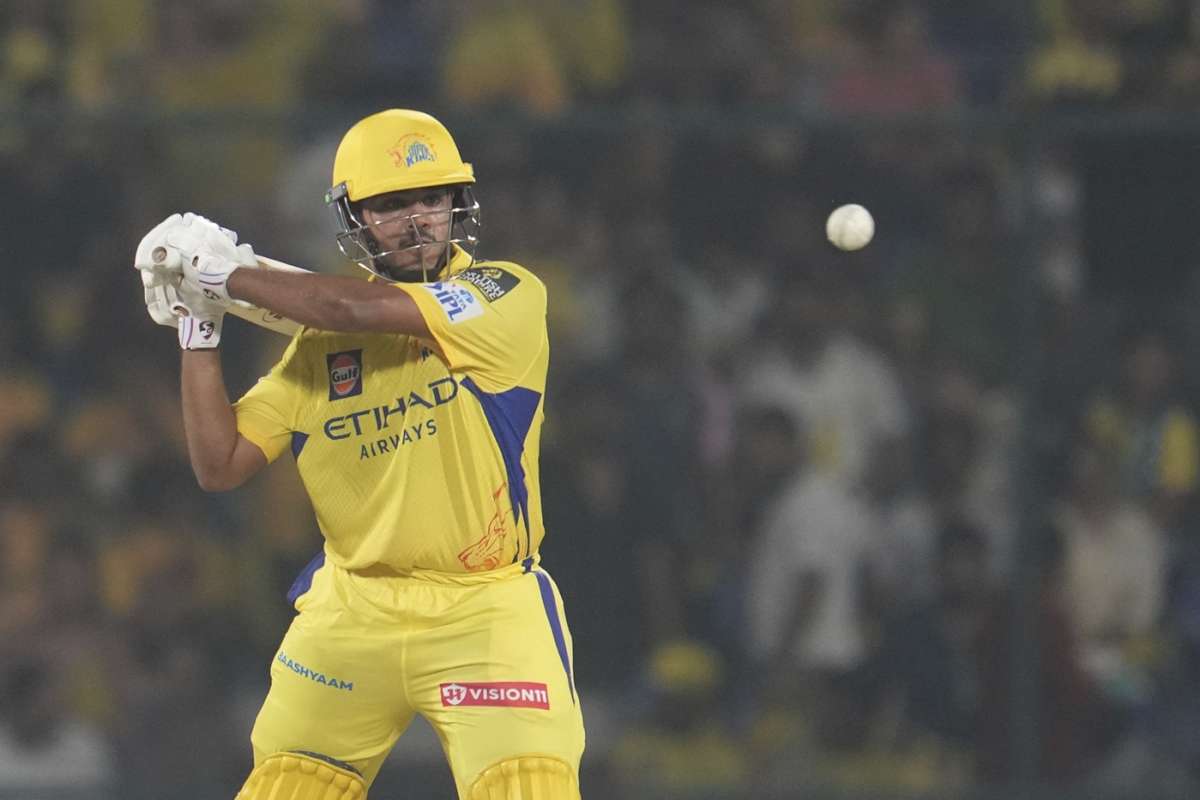
It is no exaggeration to say that no other domestic league in the world puts young players through the fire quite like the IPL does. Playing alongside international stars, under the lights, in front of millions, and with unimaginable pressure is a crash course in international cricket—only with far higher stakes and scrutiny.
In that sense, the IPL continues to churn out players of immense promise and potential every year. Even in the 2024 and 2025 editions, we witnessed names like Riyan Parag, Mayank Yadav, and Abhishek Sharma making strong cases for future international berths. The pool, as far as raw talent goes, is not just intact—it is overflowing.
But the Elephant in the Room: Corruption and Politics in Selection
And yet, here’s where the narrative takes a darker turn.
Ask any seasoned observer of Indian cricket and they’ll nod in agreement: the talent isn’t the issue—the system is. While the IPL has given India a conveyor belt of talent, the transition from IPL sensation to Indian international isn’t always merit-based.
There are numerous cases—players whose IPL performances should’ve guaranteed national call-ups—who remain overlooked or delayed, caught in the murky waters of internal politics, favouritism, and, dare I say it, corruption.
We’ve heard the whispers. Of regional biases. Of agents and franchises playing puppet masters behind closed doors. Of young talents falling out of favour with state associations, losing their place in the national pecking order for reasons unrelated to cricketing skill.
And while the BCCI officially maintains a stance of integrity and transparency, insiders know that a deserving IPL performance doesn’t always translate into an international debut. The gatekeepers of Indian cricket often operate in silos of power, and in doing so, may inadvertently or deliberately stunt the growth of those with genuine potential.
This is a tragedy not just for the players involved, but for Indian cricket as a whole.
The Unignorable Impact of Franchise Academies
On a more hopeful note, franchise academies and year-round talent development programs run by IPL teams are starting to change this.
Franchises like Rajasthan Royals, Delhi Capitals, and Mumbai Indians have invested heavily in their scouting networks, data analysis, and youth development programs. Many of these franchises are now focusing on not just finding talent, but nurturing it long-term, creating holistic cricketers equipped with mental resilience, tactical nous, and technical finesse.
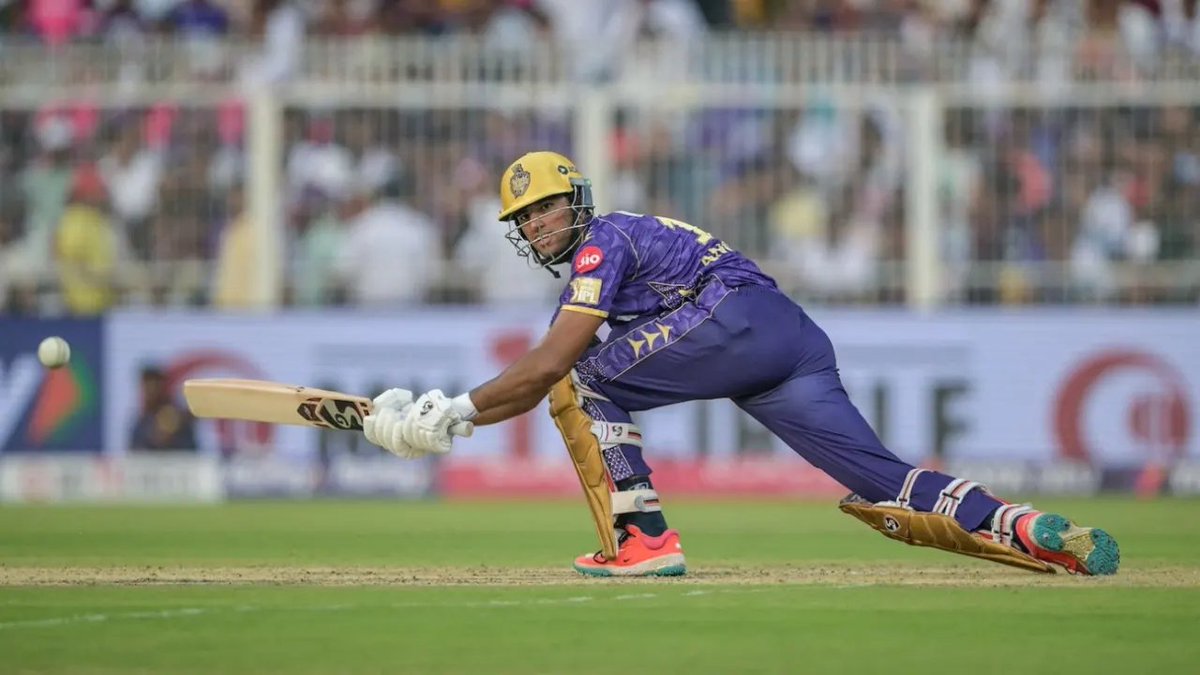
These academies often operate with less political interference than state-run systems, and as a result, they’re producing players who are ready to leap into high-stakes scenarios from the get-go.
One only needs to look at the impact of Yashasvi Jaiswal—polished, hungry, and fearless—to see the fruits of such structured investment. He wasn’t a product of coincidence—he was the outcome of careful mentorship and strategic exposure to top-tier cricket.
Will India Find the Next Kohli or Dhoni?
Finding replacements for megastars like Kohli and Dhoni isn’t just about talent—it’s about charisma, mental strength, and big-match temperament. And yes, players like Shubman Gill and Ruturaj Gaikwad are beginning to show leadership potential. But the making of a true superstar goes beyond stats.
The IPL offers the perfect proving ground for this—its intensity and media frenzy replicate the international arena. If nurtured properly and given a fair chance, India certainly has the raw material to find not one but multiple heirs to the legacy of their icons.
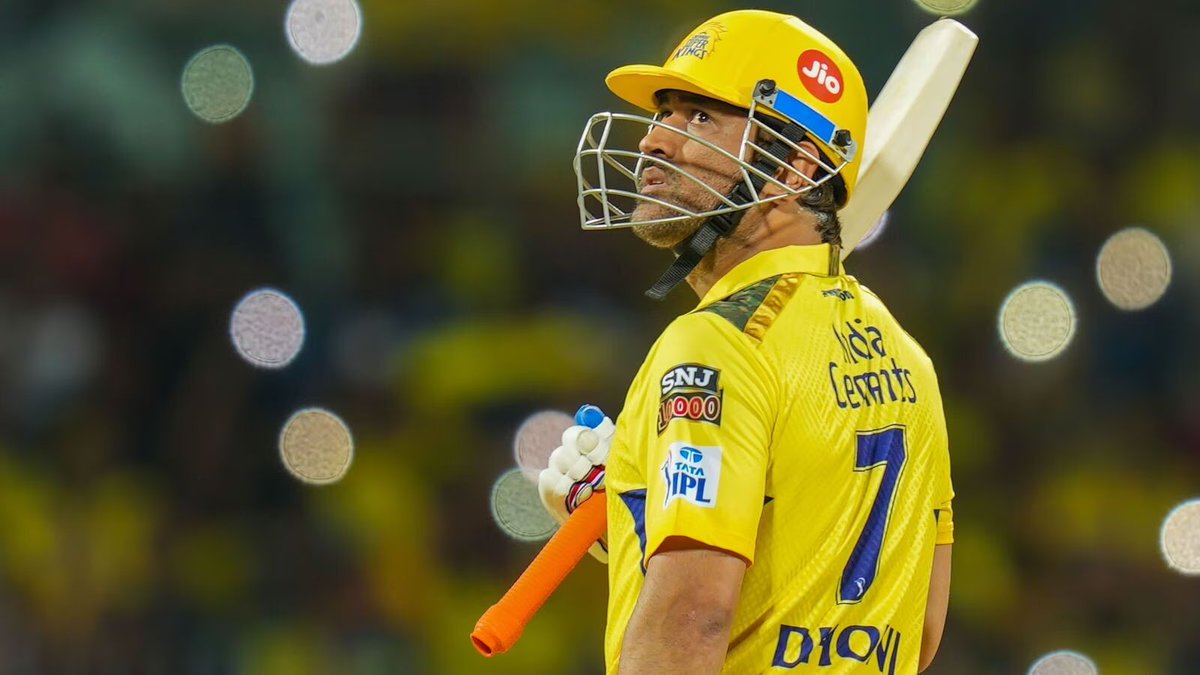
The real question isn’t can India produce another Kohli or Dhoni? It’s will they be allowed to rise through the ranks unimpeded by politics and favouritism?
The International Implication: Is IPL Losing Focus?
There’s a larger conversation, too, around whether the IPL is now more about spectacle and less about cricketing evolution. With TV rights worth billions, the business side of the IPL is now deeply intertwined with its cricketing side. Some argue that commercialisation has begun to overshadow development, with team owners more focused on branding than on fostering India’s cricketing future.
Additionally, with so many foreign players flooding the league, there is a risk that Indian youth may get overshadowed or benched, missing out on crucial match-time. Balance is key.
BCCI and IPL franchises must ensure that while international flavour remains part of the league’s charm, it doesn’t come at the expense of the very talent pipeline India relies upon for the next decade.
Promise, Peril, and the Path Forward
The IPL remains Indian cricket’s greatest strength—and its greatest risk. It is the nursery where stars are born, but also a system that, if left unchecked, could become a cage of commercial interests and internal politicking.
India can and will find quality players to replace the big names. The question is whether the system will allow them to flourish.

The onus lies with the BCCI to not just rely on the IPL as a talent magnet, but to create a transparent, meritocratic environment where performance is the only currency that matters. Until then, for every Jaiswal that makes it, there will be ten more who deserved to—but never got the call.
In the end, the future of Indian cricket depends not just on who bats, bowls, or fields, but on who is watching—and what they choose to see.

